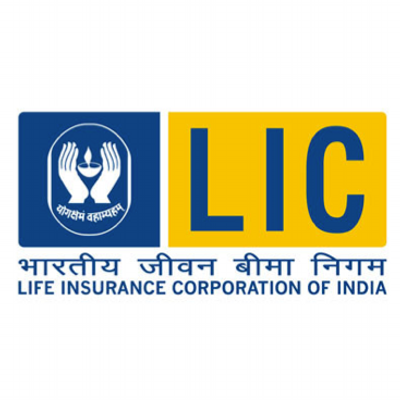Statutory Corporations
Statutory corporations are body corporates formed by a special act of parliament or by the central or state legislature. It is fully financed by the government. Its powers, objects, limitations etc. are also decided by the act of the legislature. Examples include Air India, State Bank of India, Life Insurance Corporation of India etc.
Suggested Videos
Features of Statutory Corporations
The main characteristics of the statutory corporation are:
1. It is a Corporate Body
It is an artificial person created by law & is a legal entity. Such corporations are managed by the board of directors constituted by the government. A corporation has a right to enter into contracts & can undertake any kind of business under its own name.
Browse more Topics under Private Public And Global Enterprises
- Types of Companies and Forms of Organising Public Sector
- Departmental Undertakings
- Government Company
- Changing Role of Public Sector
- Joint Ventures
- Global Enterprises
2. Owned by State
State provides help to such corporations by subscribing to the capital fully or wholly. It is fully owned by the state.
3. Answerable to the Legislature
A statutory corporation is answerable either to parliament legislature or state assembly whosever creates it. Parliament has no right to interfere in the working of statutory corporations. It can only discuss policy matters & overall performance of corporations.
4. Own Staffing System
Employees are not government servants, even though the government owns & manages a corporation. Employees of various corporations receive balanced or uniform pay & benefits by the government. They are recruited, remunerated & governed as per the rules laid down by the corporation.
5. Financial Independence
A statutory corporation enjoys financial autonomy or independence. It is not subject to the budget, accounting & audit controls. After getting the prior permission from the government, it can even borrow money within & outside the country.

Merits of Statutory Corporations
The main advantages of the statutory corporation are:
- Initiative & flexibility: Operations & management of a statutory corporation is done independently, without any government’s interference, with its own initiative & flexibility.
- Administrative autonomy: A public corporation is able to manage its affairs with independence & flexibility.
- Quick decisions: A public corporation is relatively free from red-tapism, as there is less file work & less formality to be completed before taking decisions.
- Service motive: The activities of the public corporation are discussed in parliament. This ensures the protection of public interest.
- Efficient staff: The public corporations can have their own rules & regulations regarding remuneration & recruitment of employees. It can provide better facilities & attractive terms of service to staff to secure efficient working from its staff.
- Professional management: Board of directors of statutory corporation consists of business experts & the representatives of various groups such as labor, consumers nominated by the government.
- Easy to raise capital: As such corporations are fully owned by the government, they can easily raise required capital by floating bonds at a low rate of interest. Since these bonds are safe, the public also feels comfortable in subscribing such bonds.
Demerits of Statutory Corporations
- Autonomy on paper only: The autonomy & flexibility of public corporation is only for name’s sake. Practically ministers, government officials & political parties often interfere with the working of these operations.
- Lack of initiative: Public corporations do not have to face any competition & are not guided by a profit motive. So the employees do not take initiative to increase the profit & reduce loss. The losses of the public corporation are made good by the government.
- Rigid structure: The objects & powers of public corporations are defined by the act & these can be amended only by amending the statute or the act. Amending the act is a time-consuming & complicated task.
- Clash amongst divergent interests: The government appoints the board of directors & their work is to manage & operate corporations. As there are many members, it is quite possible that their interests may clash. Because of this reason, the smooth functioning of the corporation may be hampered.
- Unfair practices: The governing board of a public corporation may indulge in unfair practices. It may charge an unduly high price to cover up inefficiency.
- Suitability: The public corporation is suitable where the undertakings require:
- monopoly powers.
- special powers, defined by the act or statute.
- regular grants from the government.
- an appropriate combination of public accountability & operational autonomy.
Solved Questions for You
Q1. What do you mean by the statutory corporation?
Ans. A statutory corporation is a body corporate formed by a special act of parliament or by the central or state legislature. It is fully financed by the government. Its powers, objects, limitations etc. are also decided by the act of the legislature. It is also called” public corporation”.
State helps the statutory corporations by subscribing full capital and it is fully owned by the state. Government nominates the board of directors and they manage and operate such corporations. It enjoys the financial autonomy and is answerable to legislature only which creates it.
Q2. For statutory corporations, it is very easy to raise capital. Explain this statement in terms of merit.
Ans. The statutory corporations are fully owned by the government, therefore raising capital for them is an easy process. They can easily raise required capital by floating bonds at a low rate of interest. Since these bonds are safe, the public also feels comfortable in subscribing such bonds.


